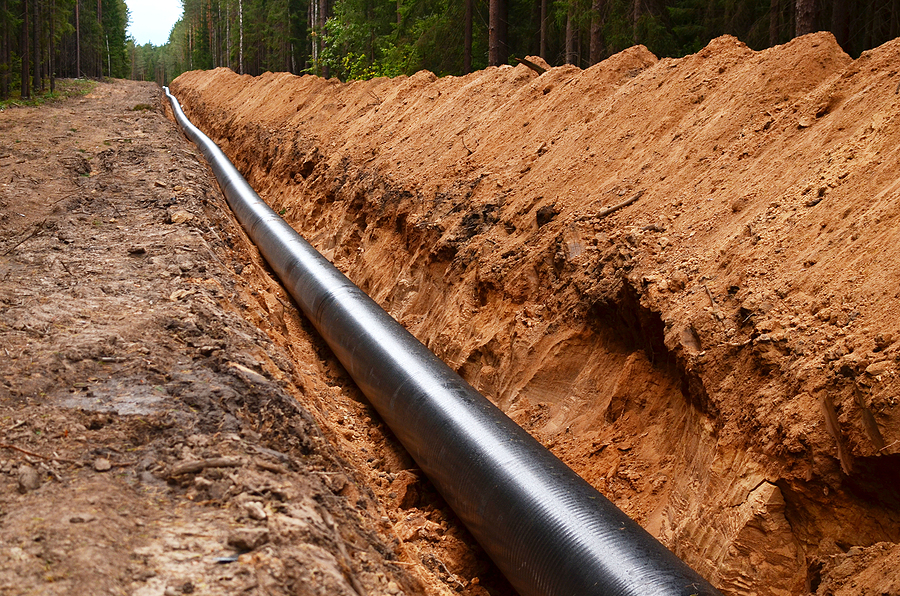WISSMAN: Here’s Why Pennsylvania Needs More Natural Gas, Pipeline Infrastructure

As Russia’s unprovoked invasion of Ukraine, and most recent action to cut off gas supplies to Poland and Bulgaria, continues to impact already volatile energy markets, the European Union (EU) is looking to the U.S., the world’s largest producer of natural gas, for help.
In an effort to diminish Europe’s reliance on Russian natural gas, President Biden and the EU announced an agreement establishing a joint task force to expand U.S. liquified natural gas (LNG) exports. Additionally, the Department of Energy recently approved four new LNG permits for projects in Texas and Louisiana.
Welcome news, certainly.
Yet, while the White House strikes a deal to send more LNG to Europe, the administration unveils astoundingly contradictory policies that undermine America’s energy leadership and ability to deliver cleaner, reliable U.S. LNG across the Atlantic, including:
- The Federal Energy Regulatory Commission’s proposed policy statement on the certification of new interstate natural gas facilities, which will generate significant uncertainty and impede the development of the pipeline capacity needed to serve new export terminals, and
- The administration’s revised National Environmental Policy Act (NEPA) Phase 1 regulations that dramatically slow the permitting process for critical energy infrastructure and create new obstacles for natural gas development.
More mixed signals like these from Washington do not help encourage much-needed industry investment – and at a critical time when the world needs more energy, not less.
As the second-largest producer of natural gas in the nation, Pennsylvania has the potential to help alleviate natural gas shortages and aid our allies. According to the U.S. Energy Information Administration, while natural gas production growth in the Appalachia region over the past decade has been aided by improved productivity from wells drilled, pipeline buildouts and increased takeaway capacity, regional transportation capacity limits have been reached.
Without adequate pipeline and energy infrastructure, Pennsylvania is missing a massive opportunity to boost our economy while bolstering energy security here and abroad. Poor policy decisions at the federal level and numerous legal challenges have led to pipeline constraints in Pennsylvania and neighboring states, affecting access to abundant, reliable natural gas in New England and beyond.
Given the vast supply of shale gas in Pennsylvania, policymakers should support policies that encourage new investment and the build-out of energy infrastructure. Advancing natural gas and pipeline infrastructure in southeast Pennsylvania could make the region a leading LNG exporter in a matter of years, meeting the increased demand overseas while helping reduce carbon dioxide emissions with cleaner natural gas.
The U.S. could do even more to support long-term energy security in America and abroad with effective policies such as expediting LNG permits and the review process for interstate natural gas pipelines. This one-step-forward, two-steps-back approach to energy policy is not encouraging investment and impeding access to abundant, reliable, American-made energy that can help provide stability and security in the U.S. and abroad.
As Europe turns away from Russia as a source of natural gas, the ability of the U.S. to further ramp up its export capabilities will likely be critically important to global energy market stability as well as climate goals. Pennsylvania-produced natural gas – in the form of LNG – can help meet the dual challenge of powering the world while lowering greenhouse gas emissions if we allow it.
Follow us on social media: Twitter: @DV_Journal or Facebook.com/DelawareValleyJournal


